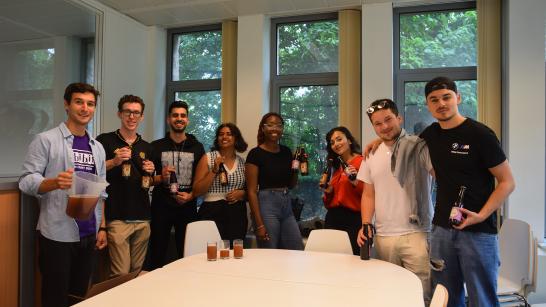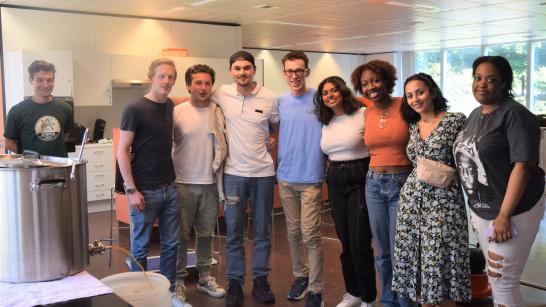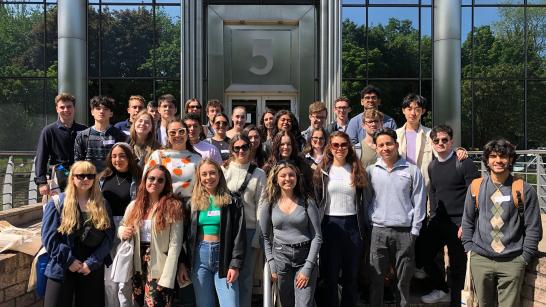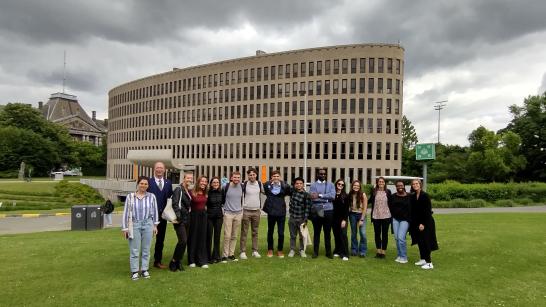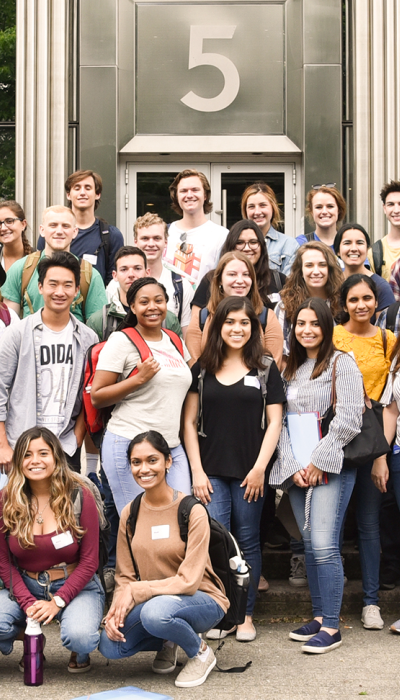
Situated in Brussels, the ‘Capital of Europe’, the Brussels School of Governance offers you a unique summer experience. Lasting 7 weeks, the Summer Programme provides you with about a dozen English-taught courses you can choose from, relating to topics as broad as art & culture, business, communication & media, management, politics and international affairs. Moreover, participants get the opportunity to experience and explore the best of European culture and travel!
Students have the choice to take this Summer Programme either with or without credits. You may register for a maximum of 2 courses (6 ECTS per course). Any combination is possible! Both obvious ones, like 'The EU in the World' and 'EU security governance', and less obvious ones, like 'Video production' and 'The Belgian Brewery Industry in a Global Context'. In the latter course (see also Instagram post on this page), the famous Belgian beer industry is taken as a multi-faceted case study for studying core business processes and international market developments. On top of that, you will also get the possibility of learning the nuts and bolts of the beer brewing process yourself!
The Brussels School of Governance is an alliance between the Institute for European Studies (Vrije Universiteit Brussel) and Vesalius College. This Undergraduate Summer Programme is organised by Vesalius College.
